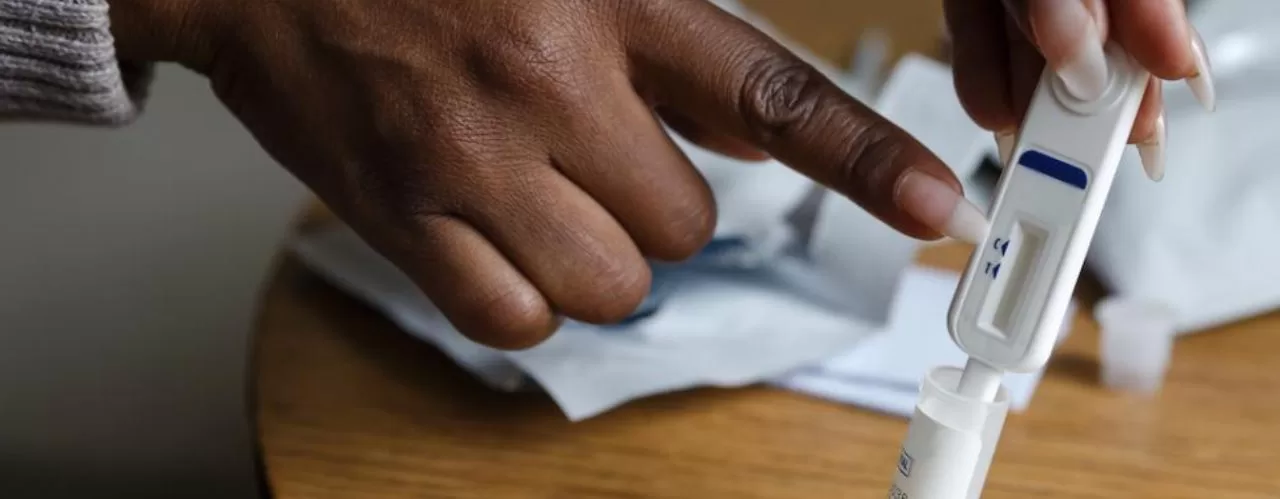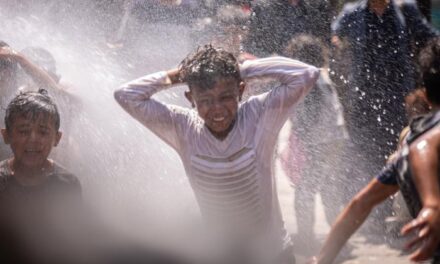Ahead of World AIDS Day, the World Health Organization (WHO) has revealed that Southeast Asia, including India, accounts for 10% of the global HIV burden, with approximately 3.9 million people living with HIV (PLHIV) in the region. Dr. Saima Wazed, WHO Regional Director for South-East Asia, shared these figures, underscoring both advancements and persistent challenges in combating HIV/AIDS.
Progress in Testing and Treatment
According to WHO data, 78% of PLHIV in Southeast Asia knew their status in 2023. Of these, 66% received lifesaving antiretroviral treatment (ART), while 64% achieved suppressed viral loads, reducing the risk of transmission and improving quality of life. Despite these strides, significant gaps remain, particularly among vulnerable populations and children.
The Burden of Mother-to-Child Transmission
The region continues to face a high burden of pediatric HIV, with 80,000 children and adolescents aged 0-14 living with HIV due to vertical transmission (mother-to-child). Additionally, around 53,000 infants are born with congenital syphilis annually.
“These children are one too many, as there are effective interventions to eliminate mother-to-child transmission during pregnancy, labor, and childbirth,” Wazed emphasized.
Addressing Marginalized Populations
Marginalized groups such as men who have sex with men (MSM), sex workers, people who inject drugs, trans and gender-diverse individuals, and prisoners face disproportionate impacts due to stigma, discrimination, and criminalization. These barriers hinder access to prevention, treatment, and care.
“While we have made significant strides in reducing HIV/AIDS rates through strong national commitments, we must acknowledge the ongoing challenges that persist,” Wazed noted.
A Call to Action: Confronting Inequalities
This year’s World AIDS Day theme, “Take the Rights Path: My Health, My Right,” calls for a rights-based approach to healthcare. Wazed highlighted the need for accessible, stigma-free services to empower individuals affected by HIV/AIDS.
“On this World AIDS Day, let us reaffirm our commitment to the health and rights of all individuals affected by HIV/AIDS,” she urged, emphasizing the importance of combating inequalities to meet the Sustainable Development Goal of ending AIDS by 2030.
Moving Forward
The WHO’s call for action urges governments, organizations, and communities to tackle stigma and discrimination while strengthening prevention and treatment programs. With bold steps and sustained commitment, the Southeast Asia region can continue its progress toward eliminating HIV/AIDS as a public health threat.












